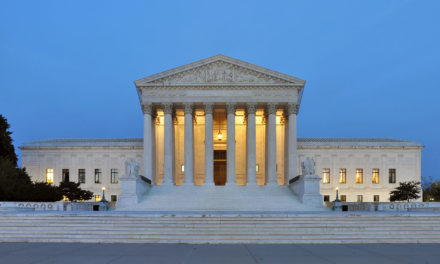 This past Friday the State Comptroller’s Office announced that the former Treasurer of an upstate volunteer fire department was charged with grand larceny in the third degree after allegedly stealing over $20,000 in fire company funds to gamble at casinos in the Finger Lakes, Central New York and Las Vegas.
This past Friday the State Comptroller’s Office announced that the former Treasurer of an upstate volunteer fire department was charged with grand larceny in the third degree after allegedly stealing over $20,000 in fire company funds to gamble at casinos in the Finger Lakes, Central New York and Las Vegas.
According to an article in the Finger Lakes Daily News, the Treasurer “allegedly took thousands of dollars in cash withdrawals and advances from the fire company’s credit and debit cards to gamble at casinos in the Finger Lakes, Central New York and Las Vegas.”
It is not necessary or appropriate to judge the case based on the limited facts. Rather, this case serves to highlight the importance of proper checks and balances in management of fire department funds, no matter how small the amount. It also illustrates the power of the State Comptroller’s Office (the “OSC”) to reach into the finances of all New York State fire district and fire departments.
The OSC has authority to audit fire companies under Section 34 of the General Municipal Law. It has the power to examine fire department officials under oath, to compel their appearance for purposes of examination and investigation, and to compel production of books and papers.
But why wait? Even without the OSC knocking on the fire house door the department should answer the question for itself: are the Department’s controls adequate to ensure that financial activity is properly recorded and reported and that Department moneys are safeguarded?
OSC’s audits of fire districts and departments have generally focused on the ability of governing boards to provide adequate financial oversight or on the strength of the organizations’ internal controls. OSC also periodically reviews LOSAP issues as well to determine if they are being operating as required by law.
Fire districts generally have an elected board of fire commissioners, and fire companies should have a board of directors. As a rule, these boards, or the members if there is no fire department board, are responsible for the overall financial management of the fire district or department for which they serve.
Although the specific powers and duties of fire district and fire department boards differ, each is responsible for providing adequate oversight of the district’s or department’s financial operations and for safeguarding its resources through adequate internal controls. Internal controls would include adopting written policies and procedures on disbursements, claims processing, procurements, cash management, budgeting, capital planning, investments, travel and credit card usage. And, per the OSC, essential to establishment of an effective system of internal controls is that financial duties are properly segregated so that one person does not control all aspects of a transaction.
Responsibility for collecting and disbursing funds should not be given to the same person, and an audit committee should periodically review the department’s finances to ensure that all proper financial commitments are being met. An effective financial management plan must be developed for each department – there is no template which works for all. A financial oversight policy is as specific to a department as an operational policy, and although it is not as central to the fire department’s mission, should be given just as much thought.





